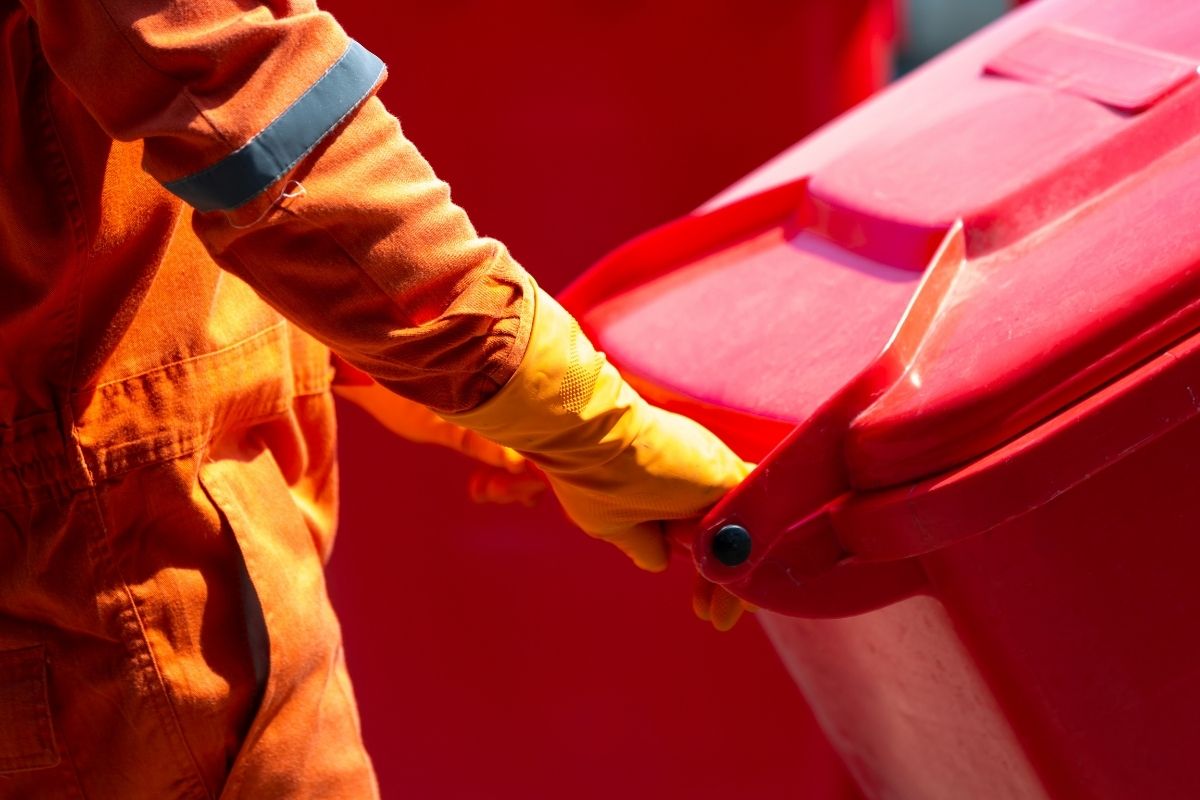Safety Tips for Handling a Lab Pack

Working in a laboratory setting can be incredibly stressful. You handle potentially dangerous chemicals all day, and the minutest switch of a label can cause an unpredictable chemical reaction. This is why you want to be sure that you dispose of your chemical waste in the safest way possible. Keep on reading to learn about some safety tips for handling a lab pack.
Lift Safely
We all know that we’re supposed to lift with our legs, not our backs. But that’s super easy to forget if you don’t regularly carry heavy objects. It may seem like a lab pack isn’t weighty because it’s consists of a collection of small containers. However, that 55-gallon drum alone is a massive contributor to its overall weight. Once you start throwing containers filled with liquids inside of it, it only gets heavier. So, be sure you lift safely. Otherwise, you risk throwing your back out or potentially sustaining an even worse injury.
Store Safely
Store chemicals that are awaiting disposal from laboratory activity in an adequately ventilated space. Block off the area and mark it with a “Hazardous Waste” sign. You shouldn’t keep any chemical substances on the floor. Additionally, you should document, correctly label, and maintain the condition of containers. If you skip any of these steps, you risk seriously injuring everyone in the lab and facing severe fines and penalties for skirting safety regulations. Due to the amount of time that chemicals need to sit to lose their more dangerous qualities, this is one of the best safety tips for handling lab packs to know.
Hire Third-Party Services
The government gives your organization “cradle to grave” responsibility for the chemical waste it creates. This stands even if you pass it off to a third party. That’s why choosing the correct specialized waste disposal service provider is vital. Ensure that potential partners comply with all requirements and have the necessary training, experience, qualified chemical specialists, detailed clean-up crews, documentation, and insurance to handle and dispose of your waste. Check references from other business leaders in your area or online.
